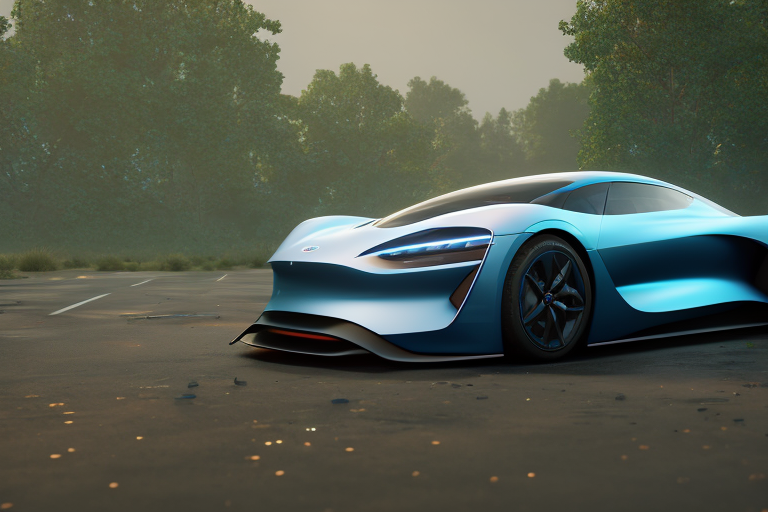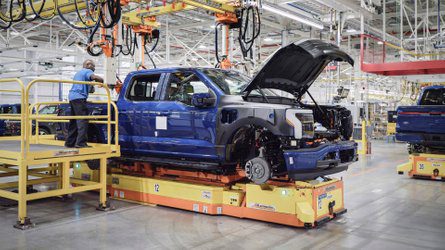Ford is on track to reach its ambitious goals of manufacturing up to 600,000 electric vehicles by the end of this year and more than 2 million by the end of 2026, according to its 2023 Integrated Sustainability And Financial Report. The Michigan-based automaker has invested over $50 billion in its facilities around the world from 2022 to 2026 to develop and produce EVs and EV batteries, and is now reaping the rewards. Ford is also aiming for carbon neutrality no later than 2050 across its vehicles, electric or otherwise, and expects half of its global sales volume to be electric by 2030. This is after achieving a 40 percent reduction in absolute manufacturing greenhouse gas emissions from 2017, helped in part by more than $26 million that went towards facility upgrades.
The company is also transitioning to carbon-free electricity usage, with 60.6 percent of the energy used in its operations worldwide being carbon-free and 42.6 percent being renewable energy. According to the report, driving an electric F-150 Lightning could save the environment from the equivalent carbon dioxide emissions coming from burning approximately 8,777 gallons of gasoline during the vehicle’s lifetime. Moreover, depending on the model, driving one of Ford’s EVs could reduce lifetime carbon dioxide emissions by as much as 60 percent when charged with US grid-average electricity compared to driving a similar internal combustion engine car.
Ford has also undertaken an audit of its nickel, lithium, and cobalt due diligence management systems, and trained over 4,000 people in 2022 (Ford employees or employees of suppliers). The Dearborn-based carmaker currently makes the F-150 Lightning, Mustang Mach-E, and E-Transit all-electric vehicles, but plans to expand its zero-emissions lineup in the coming years. In 2022, Ford sold 39,458 units of the Mach-E, 15,617 Lightnings, and 6,500 E-Transit vans.
Bill Ford, executive chair of Ford, said: “We believe the long-term success of any business is inextricably linked with creating value for customers, employees and communities, while also caring for the planet. We are undertaking a massive transformation to lead the electric and connected era of transportation and are committed to being transparent about our progress and opportunities for improvement. We are excited and optimistic about the future and look forward to making carbon-neutral transportation a reality.”
Cynthia Williams, Ford global director, sustainability, homologation and compliance added: “In 2022, we made a number of advancements toward carbon neutrality, including introducing new exciting EVs, upgrading our facilities, investing in carbon-free and renewable electricity, and using our purchasing power to help scale low-carbon materials. We’re also creating new visibility and accountability for a global EV and battery supply chain that upholds our values. This is how we can help build a more sustainable, equitable and inclusive transportation future.”
Ford’s commitment to sustainability is commendable and it looks like they are well on their way to achieving their goals. It will be interesting to see how their efforts will shape the future of transportation.
FAQ
Q1: Are electric car batteries recyclable?
A1: Yes, electric car batteries are recyclable.
Q2: Are electric car chargers free?
A2: It depends on the charger and the location. Some electric car chargers are free, while others may require a fee.
Q3: Can electric car batteries be rebuilt?
A3: Yes, electric car batteries can be rebuilt with the right tools and knowledge.












